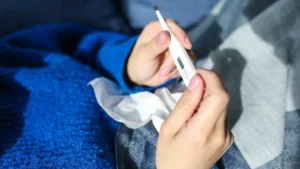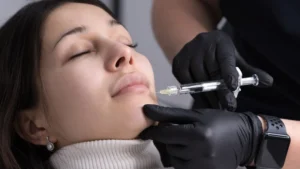Kidney stones are a common condition affecting both men and women, but women may experience specific symptoms due to differences in anatomy and hormones. Kidney stones are formed when certain substances in the urine, such as calcium and oxalate, build up and form a hard crystal-like material. In this blog we will discuss whether kidney stone pain in clitorus is reality or not?
The stones can cause pain and discomfort as they move through the urinary tract. It is important for women to be aware of the symptoms of kidney stones and to seek medical attention promptly, as early recognition and treatment can prevent complications and improve outcomes.
Common Symptoms of Kidney Stones in Women
Back or abdominal pain: One of the most common symptoms of kidney stones in women is intense pain in the back, side, or lower abdomen. The pain may come and go and may be severe enough to cause difficulty standing or walking.
- Pain or burning during urination: Women with kidney stones may experience pain or burning sensations when they urinate. This is due to the stones irritating the walls of the urinary tract.
- Urinary frequency or urgency: Women with kidney stones may need to urinate more often or feel a strong, urgent need to go. This can be due to the stones blocking the flow of urine.
- Cloudy or bloody urine: The presence of stones in the urinary tract can cause the urine to become cloudy or contain traces of blood. This is due to the stones irritating the walls of the urinary tract and causing microscopic bleeding.
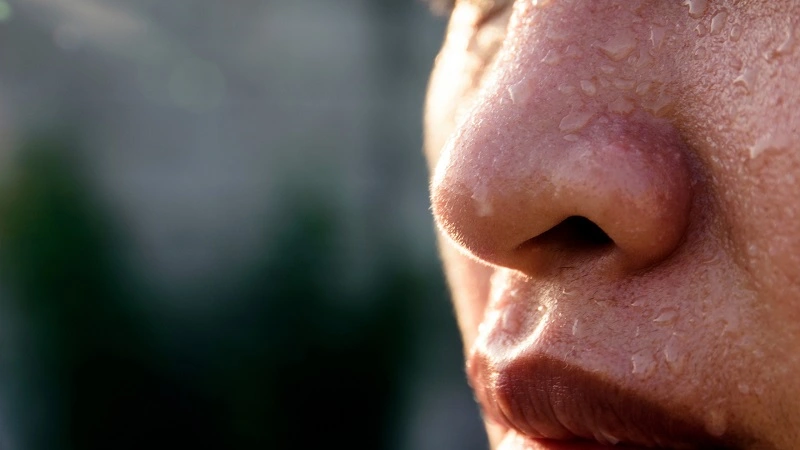
- Nausea and vomiting: Some women with kidney stones may experience nausea and vomiting, which can be caused by the pain and discomfort associated with the condition.
- Sweating or chills: In some cases, women with kidney stones may experience sweating or chills, which can be a sign of an infection or fever.
- Foul-smelling urine: Women with kidney stones may notice that their urine has a strong, unpleasant odor. This can be due to the presence of bacteria in the urinary tract or to changes in the composition of the urine.
- Back or abdominal pain: One of the most common symptoms of kidney stones in women is intense pain in the back, side, or lower abdomen. The pain may come and go and may be severe enough to cause difficulty standing or walking.
Not all women with kidney stones will experience all of these symptoms, and some women may experience symptoms that are not listed here.
If you are experiencing any of these symptoms, it is important to seek medical attention promptly, as early recognition and treatment can prevent complications and improve outcomes.
Also Read:Can Creatine Cause Kidney Stones?
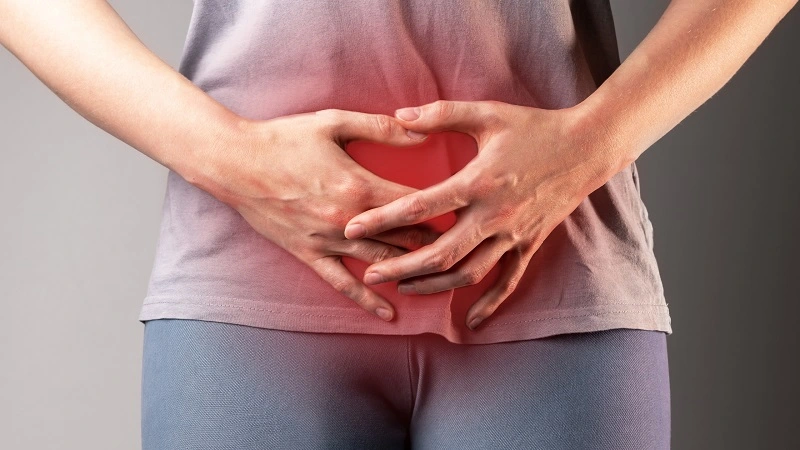
Kidney Stone Pain in Clitoris?
Pain in the clitoris is not typically considered to be an indicator of a kidney stone. However, kidney stones can cause pain and discomfort in the lower abdomen, which can sometimes be mistaken for pain in the genital area.
If you are experiencing pain in the clitoris or any other symptoms that may be related to a kidney stone, it is important to seek medical attention promptly for an accurate diagnosis and appropriate treatment.
Your doctor may order tests, such as a urine test or ultrasound, to determine the cause of your symptoms and determine the best course of action.
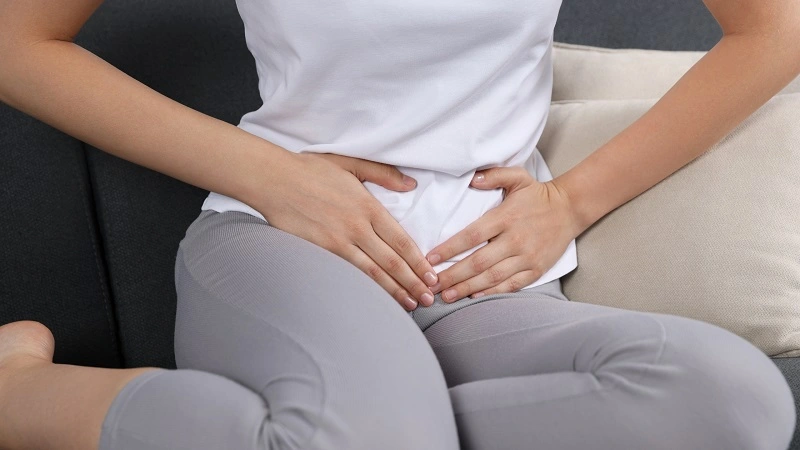
How Symptoms Vary in Women
- Differences in symptoms based on the size and location of the kidney stone: The symptoms of kidney stones can vary depending on the size and location of the stone within the urinary tract. For example, larger stones may cause more intense pain and discomfort, while smaller stones may be asymptomatic. The location of the stone can also affect the symptoms experienced, with stones in the ureter causing more intense pain than stones in the kidney.
- The impact of pregnancy on symptoms: Pregnancy can impact the symptoms of kidney stones in women, as the uterus can put pressure on the urinary tract and cause discomfort. Pregnant women with kidney stones may experience more intense pain and discomfort and may be at increased risk of complications such as infection.
- Women’s sensitivity to pain compared to men: Women may be more sensitive to pain compared to men, and this can impact their experience of kidney stones. Women may experience more intense pain and discomfort and may have a lower threshold for seeking medical attention.
Every woman is different, and the symptoms of kidney stones can vary greatly from one person to another.
It is important to seek medical attention promptly if you are experiencing any symptoms of kidney stones so that a proper diagnosis can be made and appropriate treatment can be provided.
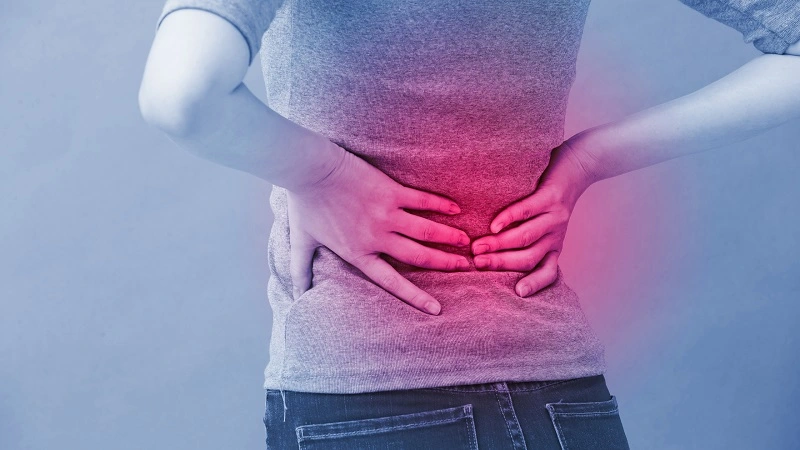
When to Seek Medical Attention
- Severity of symptoms: If you are experiencing severe pain or discomfort, it is important to seek medical attention promptly. This can help to prevent complications and ensure that you receive appropriate treatment.
- Presence of fever or persistent vomiting: If you have a fever or are vomiting persistently, it is important to seek medical attention as these symptoms can be signs of an infection or other serious condition.
- Difficulty passing urine: If you are experiencing difficulty passing urine or have a decreased urine output, it is important to seek medical attention as this can be a sign of a blockage in the urinary tract.
- Suspected urinary tract infection: If you have symptoms of a urinary tract infection, such as pain or burning during urination, frequent urination, cloudy or bloody urine, or a strong, unpleasant odor to your urine, it is important to seek medical attention promptly.
In general, if you are experiencing any symptoms of kidney stones, it is important to seek medical attention promptly.
This can help to prevent complications and ensure that you receive appropriate treatment. Your doctor may order tests, such as a urine test or ultrasound, to diagnose the presence of kidney stones and determine the appropriate course of treatment.
In some cases, treatment may involve medication to relieve pain and discomfort, or surgery to remove the stones.
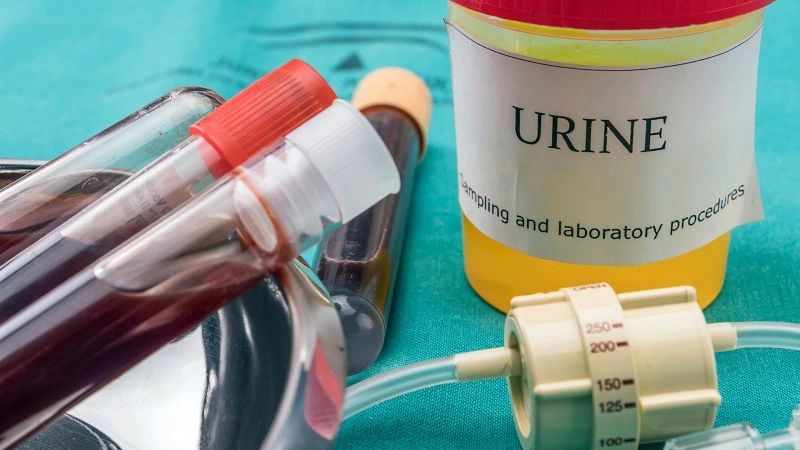
Conclusion
In conclusion, kidney stones are a common condition that can affect women and cause specific symptoms due to differences in anatomy and hormones.
Common symptoms of kidney stones in women include intense pain in the back or lower abdomen, pain or burning during urination, urinary frequency or urgency, cloudy or bloody urine, nausea and vomiting, sweating or chills, and foul-smelling urine.
The symptoms of kidney stones can vary based on the size and location of the stone, the impact of pregnancy, and women’s sensitivity to pain compared to men.
If you are experiencing symptoms of kidney stones, it is important to seek medical attention promptly to prevent complications and ensure that you receive appropriate treatment.
FAQS
Can women get kidney stones?
Yes, women can get kidney stones. In fact, the prevalence of kidney stones has been increasing in both men and women in recent years.
What causes kidney stones in women?
Kidney stones in women can be caused by a variety of factors, including genetics, diet, dehydration, and hormonal changes.
What are the common symptoms of kidney stones in women?
The common symptoms of kidney stones in women include intense pain in the back or lower abdomen, pain or burning during urination, urinary frequency or urgency, cloudy or bloody urine, nausea and vomiting, sweating or chills, and foul-smelling urine.
How do the symptoms of kidney stones in women vary from men?
The symptoms of kidney stones in women can vary based on differences in anatomy and hormones, and women may experience more intense pain and discomfort compared to men.
What should I do if I suspect I have kidney stones?
If you suspect you have kidney stones, it is important to seek medical attention promptly. Your doctor may order tests, such as a urine test or ultrasound, to diagnose the presence of kidney stones and determine the appropriate course of treatment.
How can kidney stones be treated in women?
The treatment of kidney stones in women may involve medication to relieve pain and discomfort, or surgery to remove the stones. In some cases, lifestyle changes, such as drinking more fluids and making dietary changes, can also help to prevent the formation of new stones.
Can kidney stones be prevented in women?
Yes, kidney stones can be prevented in women by making lifestyle changes, such as drinking enough fluids, eating a balanced diet, and avoiding foods and drinks that can increase the risk of stone formation.
References
- National Kidney Foundation. (2021). Kidney Stones. Retrieved from https://www.kidney.org/atoz/content/kidneystones
- Mayo Clinic. (2021). Kidney Stones. Retrieved from https://www.mayoclinic.org/diseases-conditions/kidney-stones/symptoms-causes/syc-20355755
- American Urological Association. (2021). Kidney Stones. Retrieved from https://www.auanet.org/conditions/kidney-stones
- National Institute of Diabetes and Digestive and Kidney Diseases. (2021). Kidney Stones. Retrieved from https://www.niddk.nih.gov/health-information/kidney-disease/kidney-stones
- American College of Obstetricians and Gynecologists. (2021). Urinary Tract Disorders. Retrieved from https://www.acog.org/patient-resources/faqs/gynecologic-problems/urinary-tract-disorders
These medical references provide comprehensive information on kidney stones in women, including causes, symptoms, diagnosis, and treatment options.
They also offer useful tips on prevention and management of kidney stones. It is important to note that information found on the internet should not be used as a substitute for professional medical advice, diagnosis, or treatment.

